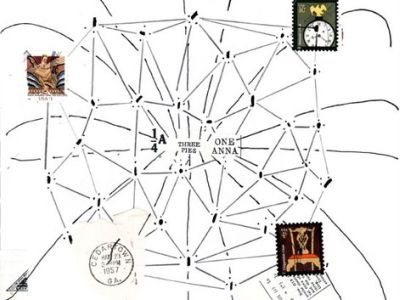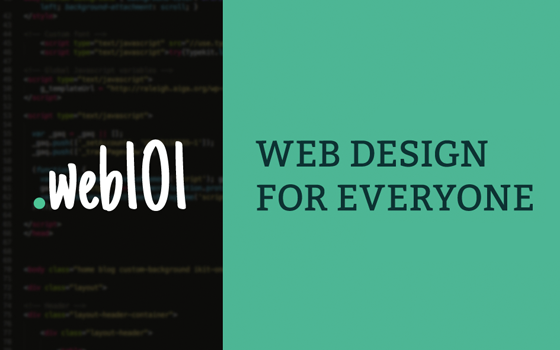
I’ve been reading a book titled What Are You Optimistic About? Today’s Leading Thinkers on Why Things Are Good and Getting Better, edited by John Brockman. Most of the essays in the collection are pretty short- on the order of 500 words or so – and cover topics ranging from science, religion, technology, biology, ethics, etc. One that I read last night was particularly interesting to me relative to what we do at Newfangled.
In his contribution, titled “Altruism on the Web,” Dan Sperber writes:
“‘From each according to his ability, to each according to his needs.’ So did Marx define communism. Outside of narrow kinship or friendship groups, this kind of altruistic sharing of resources has hardly ever been encountered, and it is not difficult to understand why: Such a utopia, however attractive, is quite impractical. Yet with the advent of the new information technologies – and, in particular, of the Web – a limited form of informational ‘communism’ that no one had predicted has emerged and is fast developing. A vast array of technological, intellectual, and artistic creations, many of them of outstanding quality, are being made freely available to all according to their needs, by individuals working according to the best of their abilities and often seeking self-realization more than recognition. I have in mind the freeware, the wikis, the open-source programs, the open-access documents, the millions of blogs and personal pages, the on-line text, image, and music libraries, the free websites catering to all kinds of needs and constituencies. Who had been optimistic enough to expect not just the existence of this movement, but its expansion, its force, its ability to rival commercial products and major businesses and create new kinds of services – blogs, for instance – of great social and cultural import even if of limited economic value?”
I do like the idea that the web has been an equalizer (this idea was one of the main motivators for me to start doing blog interviews)- that a blogger could potentially exert just as much influence as a network program. There is something exciting about experiencing the shifting of power and influence, especially if you are potentially on the side that is gaining, rather than losing. However, it would be naive to think that another shift couldn’t just as easily occur, especially as our culture adapts and becomes used to new sources of information and new tools by which to communicate. There is no reason to think that the current equalization will stick.

Sperber goes on to note that the freeness of all these resources has and will continue to result in an increase in altruism, despite a likely cynical backlash from those frustrated by the difficulty in monetizing it all. I don’t want to be cynical, but in light of my last post on In Real Life, I wonder if all the activity, despite its altruistic potential, isn’t ultimately derivative. Sure, you could use Facebook to do something great for others, maybe even needy people far away, but do you know your next-door-neighbor? Plus, as long as our economy is based fundamentally on the value of time, it’s going to be tough to resist the desire to profit from online activity, especially as people spend more and more time online.
There I go being a pessimist again, when I really want to be an optimist. Your thoughts?


